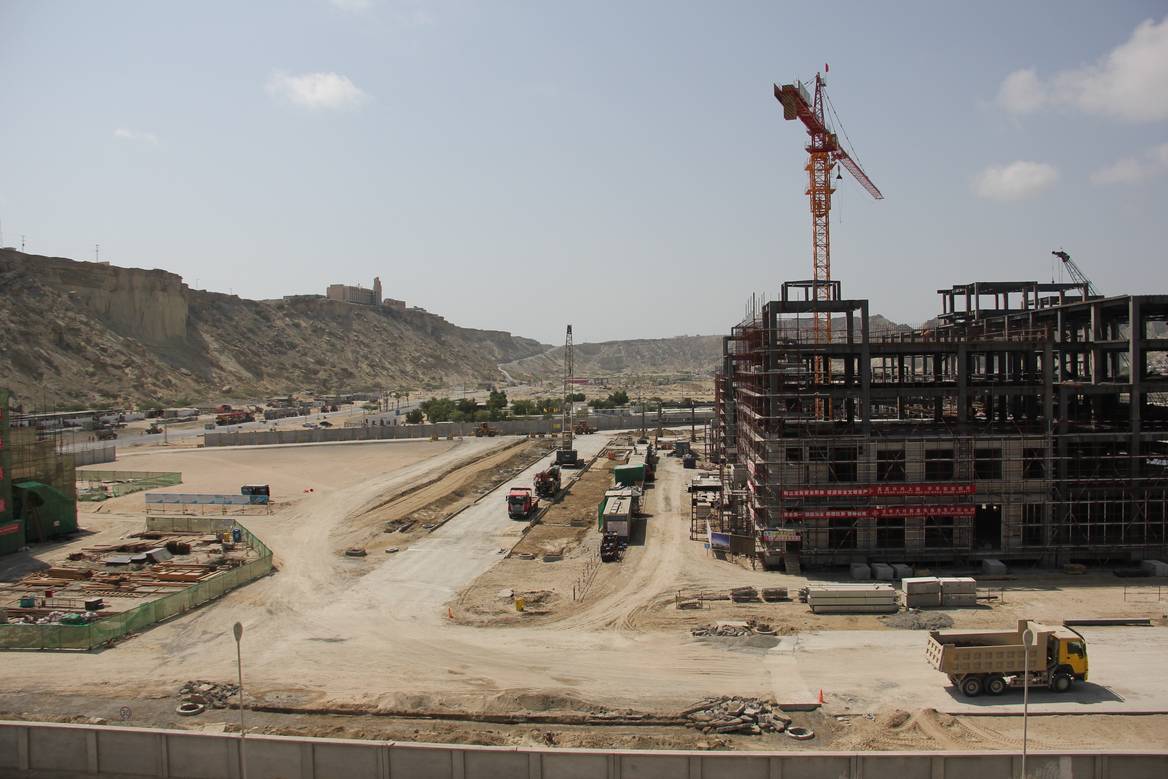China’s 21st Century Maritime Silk Road: Implications for the UK
This Occasional Paper explores China's Maritime Silk Road in economic and political terms, its maritime routes, its key destinations and example projects, and its potential strategic implications for the UK
This paper examines China’s Maritime Silk Road (MSR) initiative, with a focus on ports, and considers its implications for the UK, particularly as it prepares to leave the EU. The paper finds that the MSR consists of several unofficial routes, and has a flexible approach to determining port locations. The routes start from China’s eastern coastal provinces and move through the following target corridors: southeast across Southeast Asia and the Pacific (including Central and South America); towards East Africa (connecting to West Africa via rail and road routes, but potentially also connecting to West African ports); through the Gulf of Aden and the Red Sea and into the Mediterranean via the Suez Canal; and across the Arctic Ocean to Russia (the so-called Polar or Ice Silk Road). While the MSR does not yet include the UK, this should not be excluded as a future possibility.
Port locations are chosen as part of China’s wider strategic effort to redirect shipping routes and play a stronger role in international shipping, and to increase trade via Chinese-built and operated container ports. This is guaranteed through Chinese port ownership, leasing, construction and long-term management. Chinese-built and/or managed ports are promoted in Chinese media reports as offering a boost to the economies of recipient countries by encouraging trade and by creating supporting infrastructure to attract further investment (free trade zones, industrial parks, energy-processing plants, road and rail connectivity, and domestic employment). However, China’s increased port ownership has led to questions over its potential dominance in the international shipping industry over the longer term. These port projects, like other Chinese infrastructure projects, carry the potential for political influence.
The potential to influence decision-making, directly or indirectly, has been witnessed in countries where China has invested heavily, and may indicate a future risk for the UK as it seeks closer economic ties with Beijing post-Brexit. While the UK in principle is not opposed to participating in the Belt and Road Initiative (BRI), the current opacity around MSR port projects makes third-country engagement difficult. The potential negative environmental and socioeconomic impacts of BRI projects pose a risk: that these projects, as they are currently being implemented, could be counterproductive in many of the UK’s development efforts abroad. This is not to say that there are no opportunities for the UK. Indeed, engaging with China in the Blue Economy in a sustainable manner, and continuing to engage with the People’s Liberation Army (PLA) on areas of common interest – such as humanitarian assistance and disaster relief, anti-piracy and peacekeeping – could benefit London, Beijing, and third-country states.
MSR commercial ports have the potential for dual civil/military use and may be a precursor to more Chinese military and logistics bases in the future. This could include a combination of host-sovereign bases, flexible and smaller ‘lily pads’, as well as the use of commercial ports for surveillance purposes. There is growing concern over the potential securitisation of global port infrastructure by the People’s Liberation Army Navy, particularly given the strategic value of ports and the access they offer the Chinese armed forces in times of political tension. The deployment of the PLA to all corners of the globe may be seen as a force for common goods, possibly improving international peacekeeping operations or non-combatant evacuations, but could equally create a network to support an enhanced Chinese military presence in regions that are strategically important to the UK and its allies.
WRITTEN BY
Veerle Nouwens
External Author | Former RUSI Senior Research Fellow, Asia-Pacific


